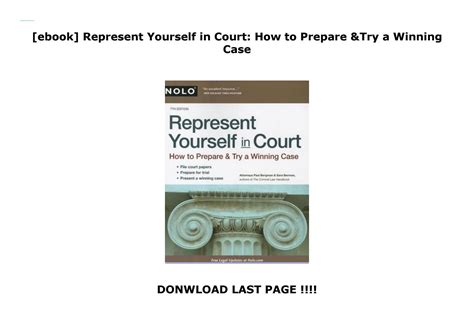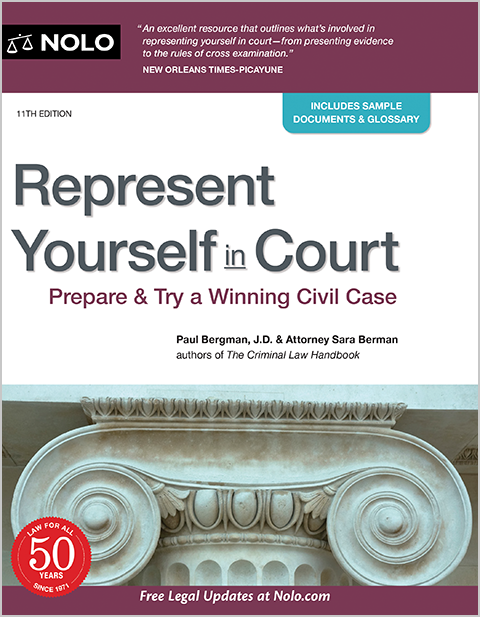Navigating the complexities of alimony can be a challenging and emotionally charged experience. Securing a fair spousal support settlement requires not just a deep understanding of the legal landscape, but also the expertise of a seasoned alimony lawyer. This article delves into the crucial aspects of alimony, exploring the various types and legal foundations, and highlighting the key qualities to look for in an alimony attorney. Additionally, we will discuss common challenges that arise in alimony cases, the strategic approaches employed by top lawyers, and the cost structures typically involved in securing these services. Through real-life case studies, we will also shed light on success stories that demonstrate the importance of comprehensive legal representation in achieving equitable outcomes.
Let’s explore this topic in detail with ugodj.com
1. Understanding Alimony: Types and Legal Basis
Alimony, also known as spousal support, is a legal obligation where one spouse provides financial assistance to the other after a divorce or separation. Its purpose is to ensure the lower-earning spouse maintains a similar standard of living to what they enjoyed during the marriage. There are different types of alimony, including temporary, rehabilitative, and permanent. Temporary alimony is awarded during the divorce process, while rehabilitative alimony helps the receiving spouse acquire education or skills to become self-sufficient. Permanent alimony, though less frequent, is granted when the recipient is unable to achieve financial independence. The legal framework for alimony varies by jurisdiction, with courts considering factors like the marriage’s duration, financial discrepancies between spouses, and contributions to the marriage when deciding the type and amount of support.

2. Qualities to Look for in an Alimony Lawyer
Navigating the intricacies of alimony requires the counsel of a skilled and knowledgeable attorney. The ideal alimony lawyer possesses a comprehensive grasp of family law, particularly the nuances of alimony statutes within your specific jurisdiction. Experience is paramount; seek a lawyer with a proven track record of success in similar cases, demonstrating their ability to secure favorable outcomes for their clients. Strong negotiation skills are essential, as alimony cases often involve complex financial matters that require meticulous handling. Compassion and empathy are crucial, as these cases can be emotionally taxing. A good alimony lawyer should be approachable, articulate, and provide unwavering support throughout the legal process. Additionally, a lawyer who stays abreast of legal developments and maintains strong connections within the legal community can offer valuable strategic advantages. In essence, the right alimony lawyer is someone you trust to fiercely advocate for your best interests, navigating the complexities of your case with professionalism and integrity.

3. Common Challenges in Alimony Cases
Alimony cases frequently face numerous hurdles that can hinder the path to a fair settlement. One recurring challenge lies in establishing the appropriate amount and duration of support. This can become particularly contentious when the divorcing spouses possess vastly different financial circumstances. Disputes may arise concerning the accuracy of income reporting, with one party potentially understating their earnings or assets to minimize alimony obligations. Another obstacle is the constantly changing nature of financial situations. Alterations in employment, health, or other personal circumstances can affect the ability to pay or the need for continued support, potentially leading to post-judgment modifications that necessitate further legal action.
Navigating the emotional complexities of alimony cases can be challenging. Resentment or betrayal often fuel disputes, hindering amicable agreement. Enforcement of alimony orders presents further challenges, as non-compliance may necessitate additional legal action. Seeking guidance from an experienced alimony lawyer can mitigate these difficulties, promoting a smoother process and a fairer resolution for both parties.

4. Strategies Used by Top Alimony Lawyers
Top alimony lawyers utilize a range of strategies to secure fair and equitable spousal support settlements for their clients. A cornerstone of their approach is comprehensive financial analysis. These experienced attorneys work in tandem with financial experts to gain a complete understanding of their client’s financial situation, encompassing income, assets, and liabilities. This detailed knowledge allows them to construct a compelling case for the appropriate amount and duration of alimony.
Effective negotiation is another key strategy employed by top lawyers. Recognizing that many alimony cases can be resolved outside of lengthy litigation, they utilize their negotiation skills to achieve settlements favorable to their clients. This approach minimizes the financial and emotional burdens associated with court proceedings. However, should negotiations prove unsuccessful, these lawyers are well-prepared to engage in litigation, drawing upon their extensive knowledge of family law to provide strong representation in court.
Top alimony lawyers stay abreast of changes in laws and precedents, adapting their strategies to provide their clients with the most current and informed advice. They also emphasize clear and compassionate communication, ensuring their clients understand every stage of the process and feel supported throughout the case. By blending legal acumen with strategic planning, these lawyers strive to achieve the best possible outcomes for their clients.
5. Cost and Fee Structures for Alimony Legal Services
The cost of hiring an alimony lawyer can vary considerably, influenced by factors such as the lawyer’s experience, the complexity of the case, and the geographic location. Alimony lawyers typically charge either an hourly rate or a flat fee. Hourly rates can fluctuate between $200 and $500 or more, depending on the lawyer’s reputation and level of expertise. In certain instances, a retainer fee—a lump sum paid upfront—may be required, which the lawyer utilizes as they progress with the case.
For simpler cases, some lawyers provide flat-fee arrangements. This means the total cost is determined upfront, giving clients a clear idea of their expenses. Additionally, some lawyers offer payment plans or flexible fees based on the client’s financial circumstances. It is crucial to discuss fee arrangements openly before proceeding. Understanding all potential costs will prevent unexpected expenses and ensure the legal representation fits within your budget.
6. Case Studies: Success Stories and Lessons Learned
A woman going through a difficult divorce was initially offered a meager alimony payment that wouldn’t have allowed her to maintain her standard of living. Her lawyer, however, conducted a meticulous investigation, unearthing hidden assets and income sources her spouse had tried to keep secret. Through skillful negotiation and, ultimately, legal action, the lawyer secured a substantially larger alimony award, ensuring her client’s financial security.
A stay-at-home father, concerned about societal biases impacting his support claim, found success in court. His attorney convincingly argued that his contributions to the home were essential, securing a spousal support settlement that acknowledged his crucial role. This settlement provided him with the necessary resources to re-enter the workforce.
These success stories emphasize the crucial role of experienced legal representation in alimony cases. They also underscore several key takeaways: the significance of meticulous financial analysis, the influence of powerful advocacy in court, and the necessity of unwavering determination in securing equitable resolutions in intricate alimony disputes.
Navigating alimony cases requires a deep understanding of the legal landscape, strategic negotiation, and effective advocacy. By selecting a knowledgeable alimony lawyer, you can address the complexities of spousal support with confidence. Whether facing financial disputes, emotional challenges, or the need for clear legal representation, the right lawyer can significantly impact the outcome of your case. The experiences and strategies discussed highlight the importance of choosing a lawyer who can provide comprehensive support and achieve fair results. With the right legal guidance, securing a just alimony settlement becomes a more manageable and equitable process.
ugodj.com

